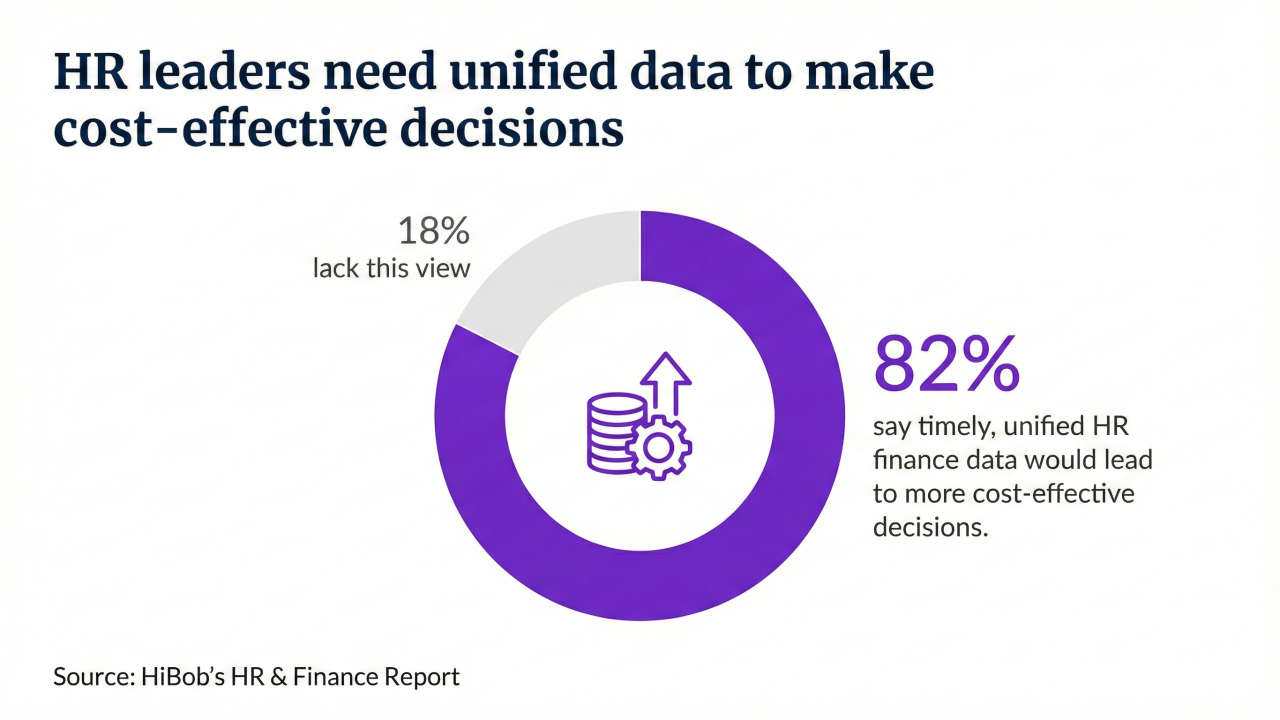While President Barack Obama's open support of same-sex marriage hasn't caused any immediate change in federal law, the 1st U.S. Circuit Court of Appeals in Boston ruled recently that part of the Defense of Marriage Act - which denies federal benefits to same-sex married couples - is unconstitutional and cannot be enforced. Noting that a "Supreme Court review of DOMA is highly likely," however, the 1st Circuit put the ruling on hold.
While DOMA doesn't invalidate same-sex marriages in states that permit them - such as Massachusetts - it does prevent same-sex married couples from filing joint tax returns, which can lessen tax burdens, and prevents the surviving spouse in a same-sex marriage from collecting Social Security survivor benefits.
"There's tremendous interest on the part of employers as to how they need to react and what they need to do legally and from a practical perspective in deciding what's good for their business model, because it can be very complex," says Cathy Stamm, consultant in Mercer's Washington Resource Group.
Stamm recommends employers take inventory of their plans to ensure compliance with federal and state laws. Also at play is whether a plan is insured or self-funded. For insured plans, there are state laws that regulate whether they can provide same-sex couples with coverage.
"For insurance coverage in New York, for example, employers cannot disallow coverage for same-sex spouses," explains Stamm. "They have to allow same-sex and opposite-sex spouses to be treated equally for all types of insurance products, including life, health, dental and whatever else they insure."
Compliance action items
In a recent update, Stamm and co-author Fran Bruno offer the following considerations for employers:
* Determine what laws apply to a particular benefit program. ERISA governs most retirement and self-insured welfare plans (unless sponsored by governmental or church employers.)
However, if an ERISA welfare plan is insured, employers may also need to consider the policy's state of issue and the employee's state of residence, and work with insurers to confirm compliance. For leave programs and non-ERISA benefits, laws governing an employee's work location usually take over.
* Develop coherent benefit eligibility guidelines. Employers may want to review ERISA plan eligibility options to decide whether life partner coverage is required (or, if not required, desired) for partners meeting specified conditions. For non-ERISA plans providing spousal benefits - bereavement leave, discounts, tickets, memberships, free transportation - making a list of all such benefits is the first step to ensuring life partners receive the same benefits as opposite-sex spouses where required by state law.
* Refine plan documents and employee communications. Once eligibility guidelines are set, careful drafting of plan documents, enrollment materials, summary plan documents and other employee communications is essential to ensure the language is consistent with the employers' intent.
Documents referencing an employee's "spouse" should indicate whether the term either excludes same-sex spouses or includes other life partner relationships, such as civil unions or domestic partnerships. Lack of clarity could lead to unintended eligibility or exclusions, or perhaps jeopardize a plan's tax-favored status under the Internal Revenue Code. For example, an ERISA plan document or SPD that lists as eligble a "lawful spouse" could be interpreted as including a lawfully married same-sex spouse (though not necessarily a civil union or domestic partner) unless the reference is clearly limited to a federally recognized spouse.
* Review state leave laws. Not all states require employers to provide workers with leave to care for a seriously ill relative. However, states that have these laws and recognize life partnerships typically treat life partners the same as opposite-sex spouses. Employers should review leave policies that may provide protected leave rights even in the absence of federal FMLA eligibility.
* Re-examine domestic partner policies. With a growing number of states recognizing same-sex marriage, employers may need to reassess how domestic partner benefit policies mesh with same-sex marriage benefits.
* Consult with insurance vendors. Employers with insured plans may want to verify compliance with insurance laws in the state where the policy was issued. Health insurance isn't the only coverage affected. A state that gives same-sex couples full marital rights typically applies that principle to all insured products, such as life insurance, to the extent it doesn't conflict with federal law. Self-insuring employers will want to work with their stop-loss carrier to clearly identify what (if any) life partners are eligible for coverage.





